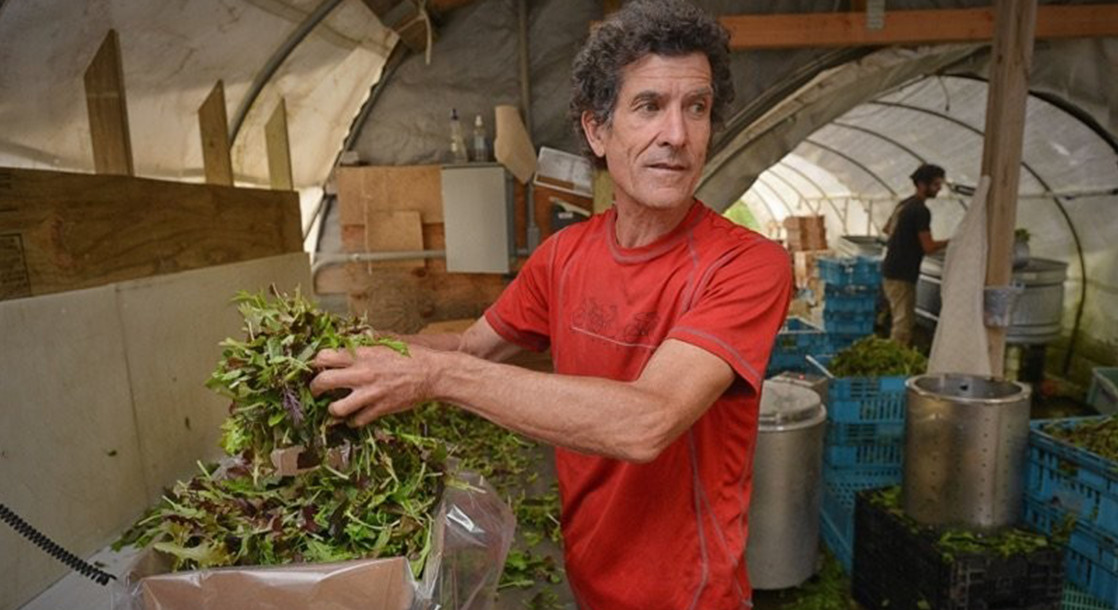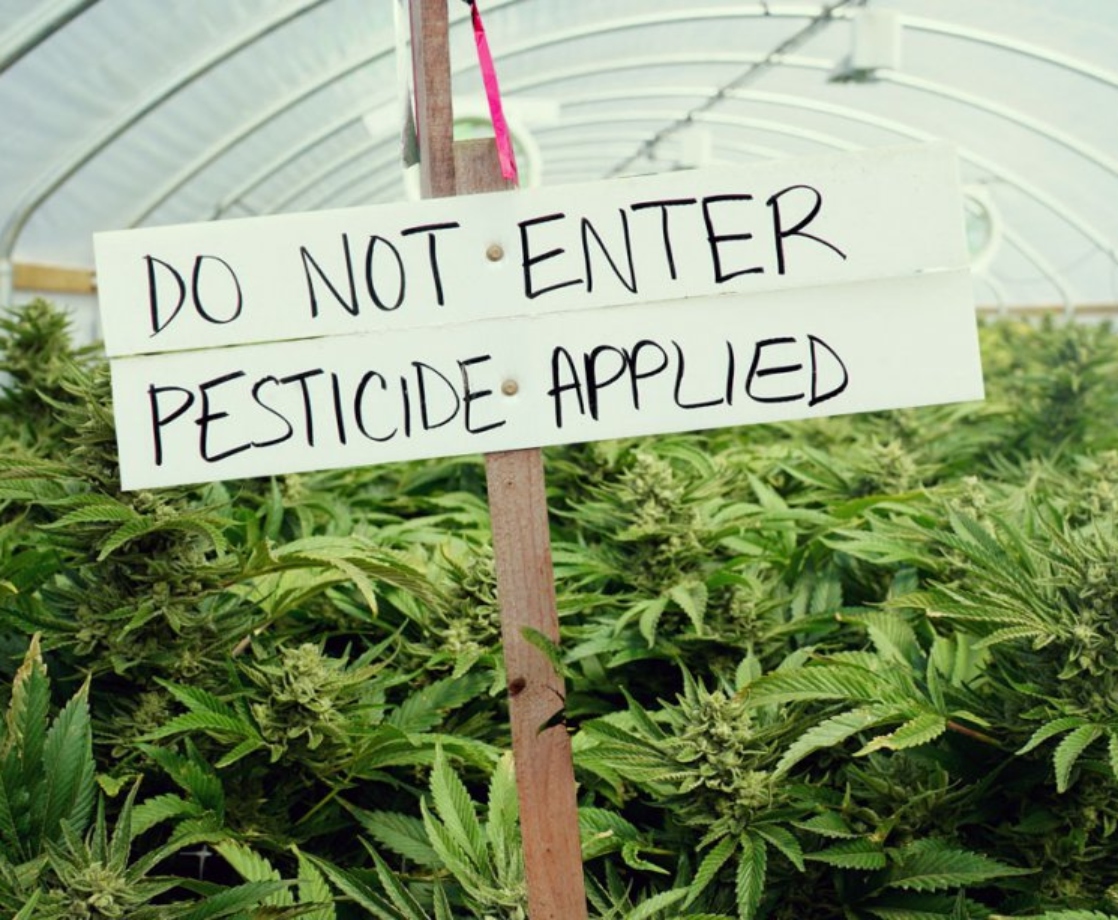With recreational cannabis set to start budding in Massachusetts next year, many farmers in the New England region are looking to take their talent and experience into the cultivation market. However, the state’s medical marijuana system has already been conquered by large corporations running commercial grow operations, effectively shutting out the local agriculture industry thus far.
Though they have an uphill battle ahead of them, these local farmers will band together to gain access into the evergreen pot industry. Agricultural workers in Massachusetts are hoping to establish marijuana craft cooperatives to compete with large-scale producers. To that effect, Democratic Sen. Julian Cyr introduced an amendment for collaborative grows that was added into the state’s comprehensive cannabis bill, hopefully enabling smaller growers to get more involved with the recreational market.
"For traditional farmers … it's about lowering the barriers of entry into the marijuana market. The intent is there's a lower bar to entry for smaller scale cultivation,” Sen. Cyr said.
This collaborative model would allow local cultivators to grow a limited amount of marijuana and split the costs and profits with one another. The rules for the cooperatives are currently being developed by the Cannabis Control Commission and the Department of Agricultural Resources, the group responsible for setting up a system for licensing fees, as well as ownership and cultivation limitations.
The Massachusetts Grower Advocacy Council has proposed that the state offer different levels of licenses. This would set different limitations depending on the size of the cooperative grow operation. For instance, licensing for micro-craft cultivation would involve three to four owners and 5,000 square feet of grow space, while a larger craft cooperative grow would include seven or more owners and at least 15,000 square feet of cultivation space.
While the craft cooperatives initiative paves a hopeful path for local farmers, small producers remain weary after Massachusetts shut local agriculture out from the medical cannabis system. The law prohibited outdoor and greenhouse cultivation, and required farmers to sell their own product and invest heavily to meet strict security requirements. This time around, farming groups successfully lobbied the state government to have marijuana listed as an agricultural crop, allowing legal weed to be grown anywhere other agriculture is permitted.
Still, the state’s cannabis commission has yet to write rules about security requirements, and farmers fear that they may be too costly for most to afford. On top of that, many municipalities have taken it upon themselves to ban marijuana cultivation and retail shops from their towns, another factor that could negatively impact local growers.
All in all, farmers in the state’s struggling agricultural industry are hoping that the state’s newest cash crop won’t pass them over. But with large corporations and strict requirements standing in the way, farmers will likely face tough adversity while trying to enter the new market. Although the law permitting cooperatives offers a bit of light in the uncertain situation, small-time growers will have to stick together and continue to push for their rightful place in Massachusetts’ recreational cannabis market.











